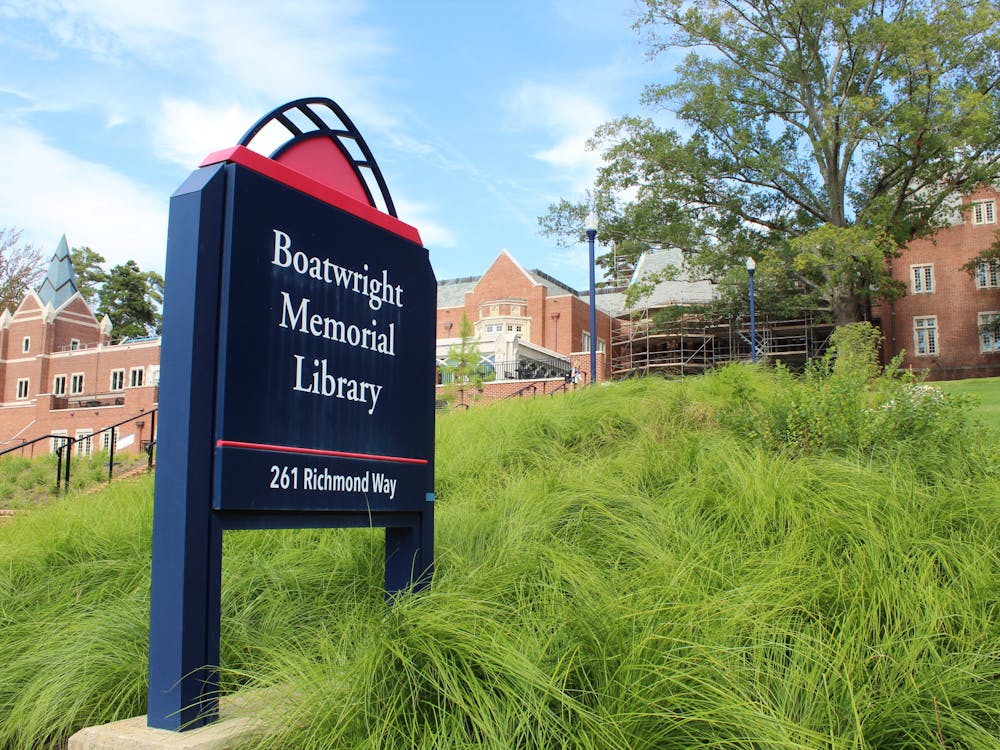Sex, jobs and gossip.
Got your attention? Good, then I'll keep it by waiting until later to tell you what that means. Until then, hello from your new News Editor. As of this week, I am and will be until next year, the bitter, hard-line news junkie journalist who helps bring you the news section of The Collegian.
As part of this position, I would like to start writing a weekly column, since we obviously don't have enough of those. But, instead of giving you my opinions on life, the Bias Response Team or Susie Compton (who is awesome, by the way), I am going to answer your questions. Not in a "Dear Abby, my boyfriend's sister's best friend doesn't like me what do I do?" sense, but more of a, "Hey, how does this work?" sense.
I would like you to send in questions related to The Collegian, journalism, a story that left you wondering, etc., and I will do my best to answer them week to week. Send your questions to newseditor.collegian@gmail.com. I'll sift through and pick out the best question that I can actually answer, and, well, answer it.
For my first column, I have come up with my own question because I can: "How do you get the Police Report?" For a lot of people, it's the only section they read anyway, so why not elaborate?
I was a News Assistant on the former Collegian staff, and as one of the assistants I had the immense pleasure of meeting with Captain Simonds in the University of Richmond Police Department, collecting information about the crazy and strange criminal things people had done over the past week and writing it all down. That's basically how it went.
I would look through the police's crime log, which contains information such as what a crime was classified as, what time it occurred, etc. Then, I would go through the information with Captain Simonds and she would give me the details I was allowed to know and print from the police's incident reports.
The Collegian has an agreement with the police department about what we can and cannot know and what we can and cannot print. We cannot know victims' names, only their genders and whether they are students. We cannot know suspects' names until they are arrested, and in those cases only if the police feel it will not further impede investigations or trials. When someone is arrested, it is public information, but we would have to go find the name if the police felt they should not tell us.
Just for fun, my favorite incident was the Lakeview Slap. On Oct. 19, 2008, a male student slapped another male student for interfering with a fight the slapping guy was having with his girlfriend in the room of the slapped. And there were witnesses. That gave me a good laugh.
I am very pleased to report that we have only had two students sent to the hospital for "an alcohol-related illness" so far this semester. Last semester there were 18, not including the two who refused treatment.
Because I'm familiar with how the police report works, it is difficult to make sure I have covered all the bases. So, if something is not clear, you're going to have to send in a question.
And the first sentence is just the other options I had for column topics. Seeing that I don't know enough about any of them to write weekly, I decided to go with something a little less sensational, a little more doable. Hurrah for citizen participation.
Enjoy what you're reading?
Signup for our newsletter
Contact news editor Stephanie Rice at stephanie.rice@richmond.edu
Support independent student media
You can make a tax-deductible donation by clicking the button below, which takes you to our secure PayPal account. The page is set up to receive contributions in whatever amount you designate. We look forward to using the money we raise to further our mission of providing honest and accurate information to students, faculty, staff, alumni and others in the general public.
Donate Now


